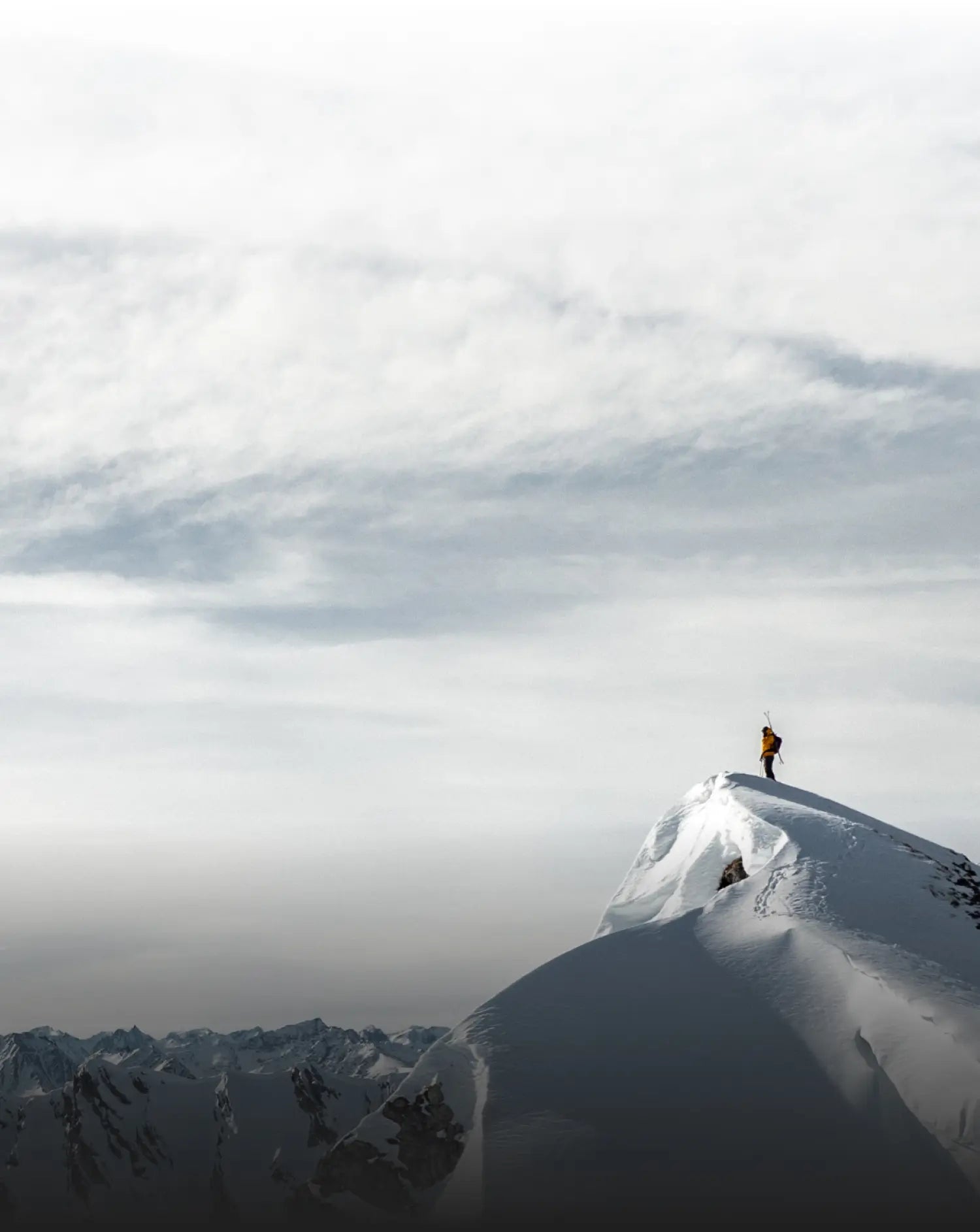You might have noticed that when climbing the mountain or travelling to a higher place, some people feel dizzy and short of breath, while others develop headaches. But why is it so? The reason behind all this is our bodies, which react differently when we move to higher altitudes. That's why many travelers and hikers also ask the question, 'Does high altitude affect blood pressure?' The answer is yes, and it's more important than many realize. In this article, we'll break down exactly how altitude affects blood pressure, identify who is most at risk, and outline the symptoms to watch for. In addition, we will guide you on how to protect your health.
Content Table:
- Part 1: Does High Altitude Affect Blood Pressure?
- Part 2: How Does High Altitude Affect Blood Pressure?
- Part 3: Watch Out for These High-Altitude Symptoms
- Part 4: Tips to Protect Your Heart and Blood Pressure at High Altitude
- Part 5: Monitor Heart Rate and Blood Oxygen at High Altitude
Part 1: Does High Altitude Affect Blood Pressure?
To begin with, let's answer the question directly: Does high altitude affect blood pressure? The short and straightforward answer is yes, it does. It is because, when you climb higher, the air pressure around you decreases, resulting in less oxygen. Therefore, when there is less oxygen for you to inhale, your body works harder to deliver enough oxygen to your organs and tissues. This extra effort can cause your blood pressure to rise, especially if you are not used to living at a high altitude.
Here's a simple chart showing the general trend of blood pressure changes as altitude increases:
|
Altitude Level |
Oxygen Availability |
Typical Blood Pressure Response |
|
Sea Level |
Normal |
Stable |
|
1,500–2,500 m |
Lower |
Mild increase |
|
2,500–3,500 m |
Significantly lower |
Noticeable increase |
|
Above 3,500 m |
Much lower |
Higher increase, more stress |
But it is not only the blood pressure that changes at high altitude. Your body also adjusts in other ways:
- Heart rate: It usually increases because your heart pumps faster to deliver oxygen.
- Breathing rate: You start breathing more quickly to take in more oxygen.
- Energy use: Your body uses more energy, which can make you feel tired faster.
Part 2: How Does High Altitude Affect Blood Pressure?
We are now aware that high altitude affects blood pressure; let's examine how this occurs. The science behind high blood pressure is very simple. When oxygen levels drop, your body releases stress hormones, such as adrenaline. These hormones cause your heart to beat faster and your blood vessels to tighten. Which, as a result, naturally raises blood pressure.
However, the impact can vary from person to person:
- ➡️Healthy adults: Mostly people who are healthy and not facing any health condition only experience a slight rise in blood pressure. Their bodies usually adapt within a few days.
- ➡️Elderly individuals: Older adults, on the other hand, may experience stronger effects because their hearts and blood vessels are already under more strain.
- ➡️People with high blood pressure: Similarly, people who are living with hypertension are highly likely to experience stronger effects. Therefore, they need to be extra cautious, since high altitude can make their condition worse.
- ➡️Athletes: Some might think that athletes can handle oxygen more efficiently, so they won't experience any change. That's not true. Although they can handle oxygen better at high altitudes, they also push their bodies harder, which can still raise blood pressure.
So, if you plan to hike, travel, or live at high altitudes, understanding how high altitudes affect different groups can help you prepare more effectively.
Part 3: Watch Out for These High-Altitude Symptoms
Moving forward, it's essential to know the warning signs of high-altitude effects on the body. Since you cannot always determine whether the blood pressure is high or not, paying attention to the symptoms becomes crucial. Having knowledge about these common high-altitude symptoms will help you stay safe. It includes:
- Headaches
- Dizziness
- Shortness of breath
- Rapid heartbeat
- Trouble sleeping
- Nausea or loss of appetite
- Fatigue
If you notice these symptoms, it's your body's way of saying it's struggling with less oxygen. Therefore, do not ignore them, as it can lead to more serious problems, such as high-altitude sickness, which can cause chest pain, confusion, or swelling in the hands and feet. If ignored, these problems can become life-threatening.
Part 4: Tips to Protect Your Heart and Blood Pressure at High Altitude
So, how can you protect yourself when traveling or hiking at higher altitudes? This is the most critical question, and everyone must have a basic understanding to avoid any mishap. Here are some valuable tips to protect your heart and blood pressure.
1️⃣ Ascend gradually:
Climb slowly, as this will give your body time to adjust. If possible, spend a night at mid-level altitudes before going higher.
2️⃣ Stay hydrated:
Drink plenty of water since dehydration can worsen blood pressure issues and make headaches more likely.
3️⃣ Eat light meals:
Avoid eating heavy food before hiking or travelling, as it can make your body work harder. Instead, choose lighter and balanced meals rich in fruits, vegetables, and whole grains.
4️⃣ Limit alcohol and caffeine:
Caffeine and alcohol both can dehydrate you and put extra stress on your heart. So, avoid these before planning the trip.
5️⃣ Rest often:
Be sure to take breaks when walking or climbing. This will reduce strain on your heart and lungs.
6️⃣ Listen to your body:
If you feel unwell, don't push yourself further. Resting or descending is always better than risking serious illness.
6️⃣ Dress appropriately:
Higher altitudes generally have cold weather, and this can put additional strain on your body. Therefore, wear warm and layered clothing to reduce stress.
By following these tips, you can enjoy the beauty of high-altitude places without putting unnecessary stress on your heart and blood pressure. By following these steps, you will not only improve safety but also make the journey more enjoyable and less exhausting.
Part 5: Monitor Heart Rate and Blood Oxygen at High Altitude
Apart from watching out for symptoms, it’s also important to keep track of key body indicators that can reflect changes in your blood pressure.
At high altitude, blood oxygen levels tend to drop, and your heart rate usually increases as your body works harder to deliver oxygen — both of which can indirectly signal shifts in blood pressure.
By simply using a smartwatch like the Suunto Race 2, you can monitor your health at any point. Designed for athletes and travelers alike, Suunto watches come in a variety of models, allowing you to monitor your heart rate and activity levels, helping you better understand how your body responds to altitude changes.
Conclusion
So, does high altitude affect blood pressure? Absolutely. The thinner air at high altitudes requires your body to work harder, which can lead to increased blood pressure, heart rate, and breathing rate. If you are not accustomed to traveling to higher altitudes, it may take some time to adapt. However, the elderly and individuals with pre-existing conditions should exercise extra caution. However, by knowing the symptoms, following simple safety tips, and monitoring your health with tools like Suunto watches, you can enjoy high-altitude adventures safely.
Remember, your health is always more important than reaching the peak.
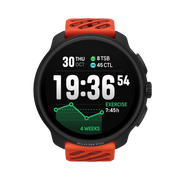
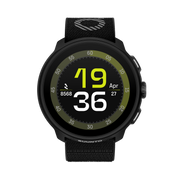
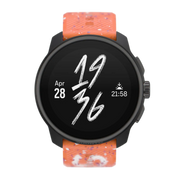
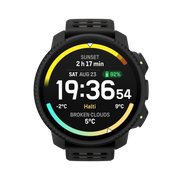
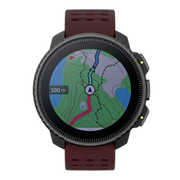
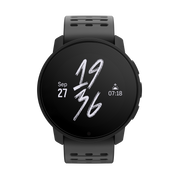
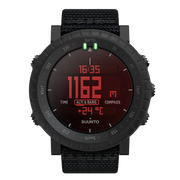

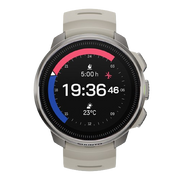
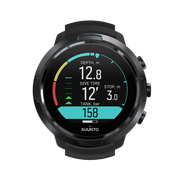
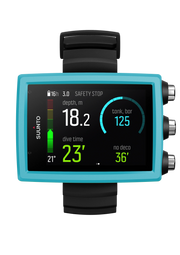
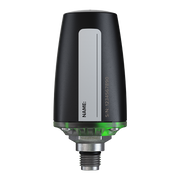



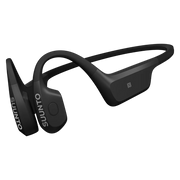
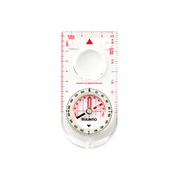
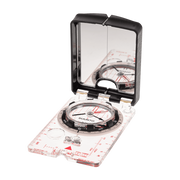
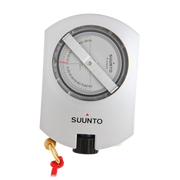

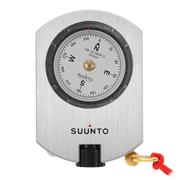

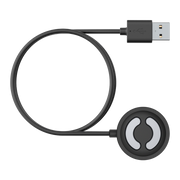



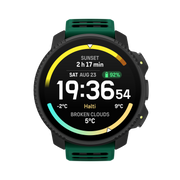

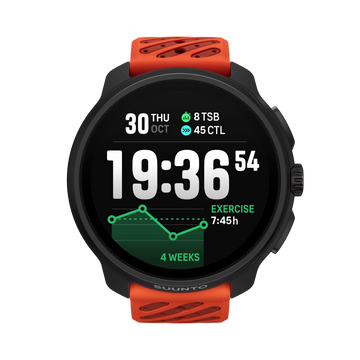
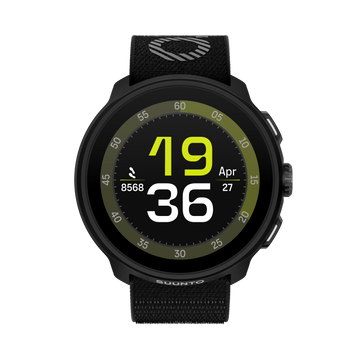
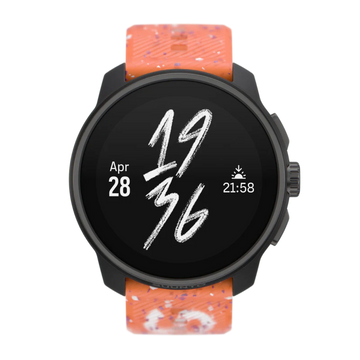
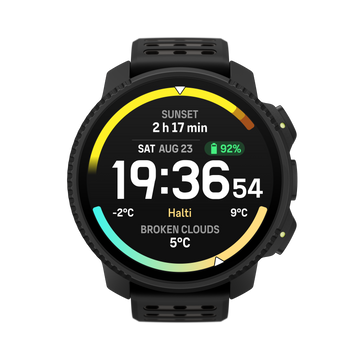
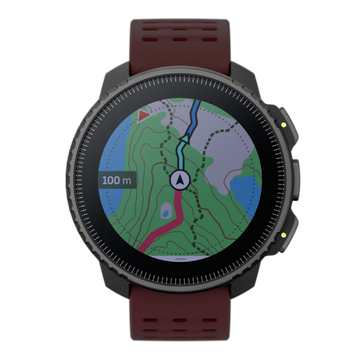
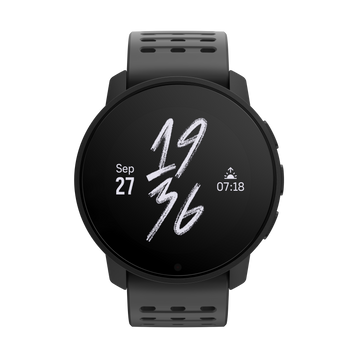
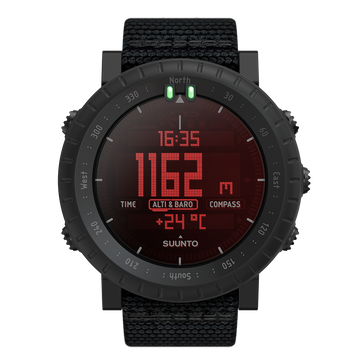

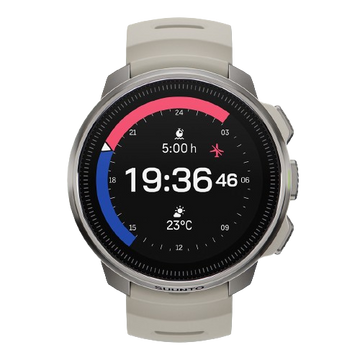
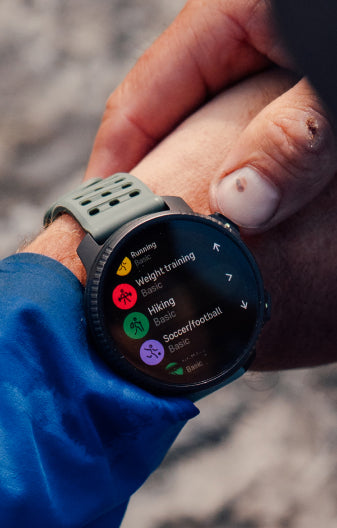
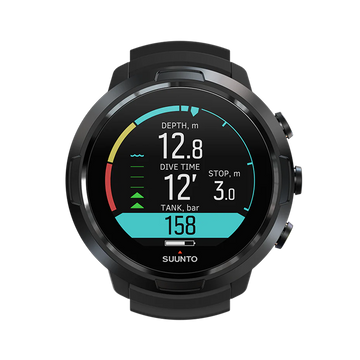
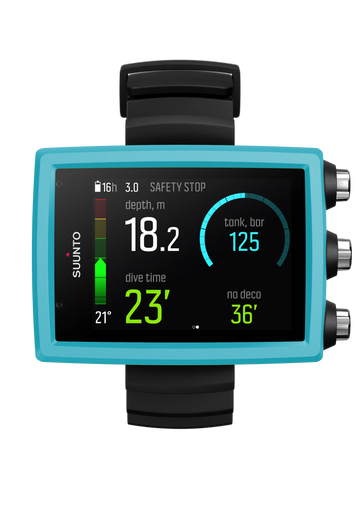
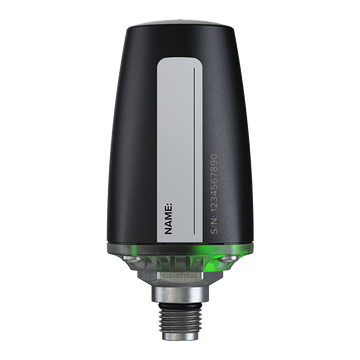




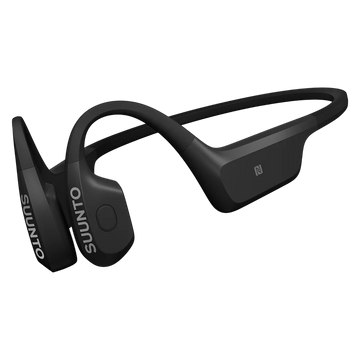
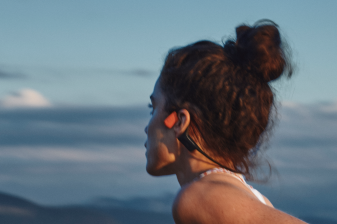
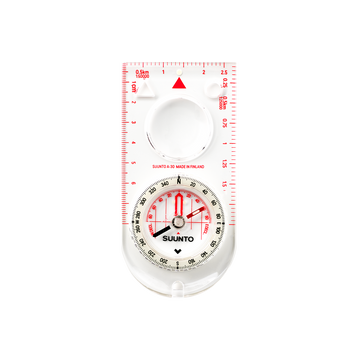
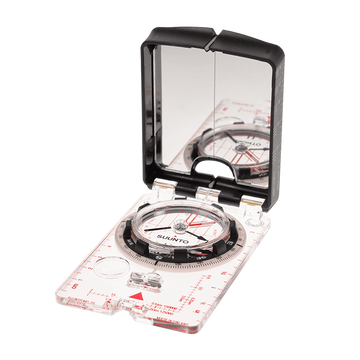
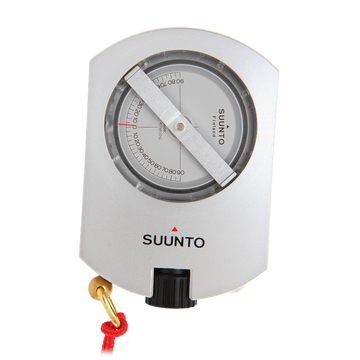

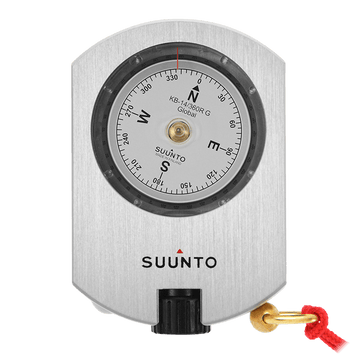
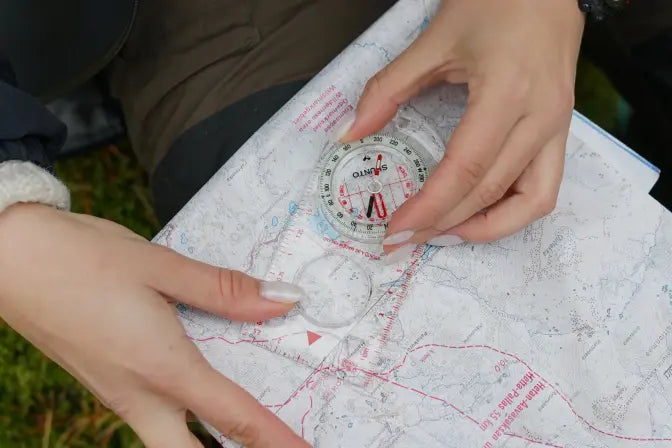

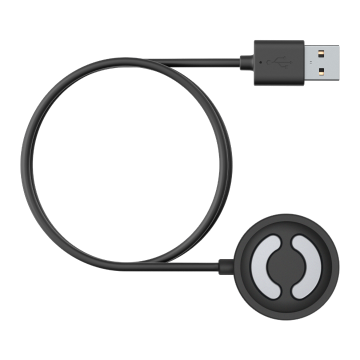




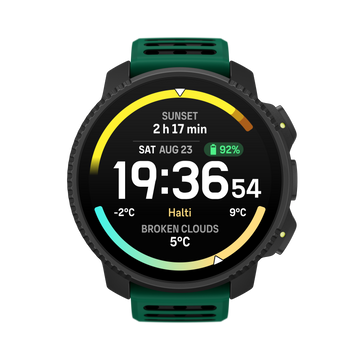

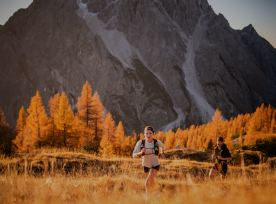





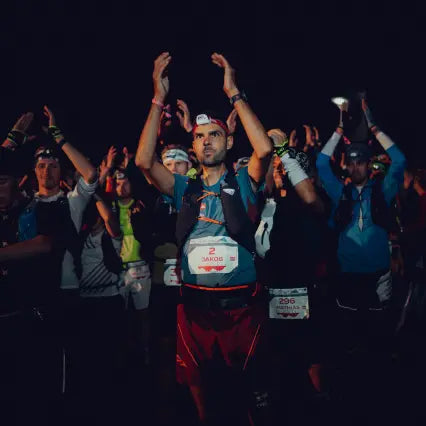
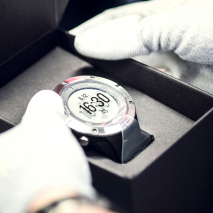

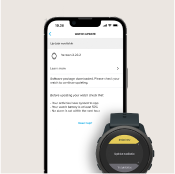



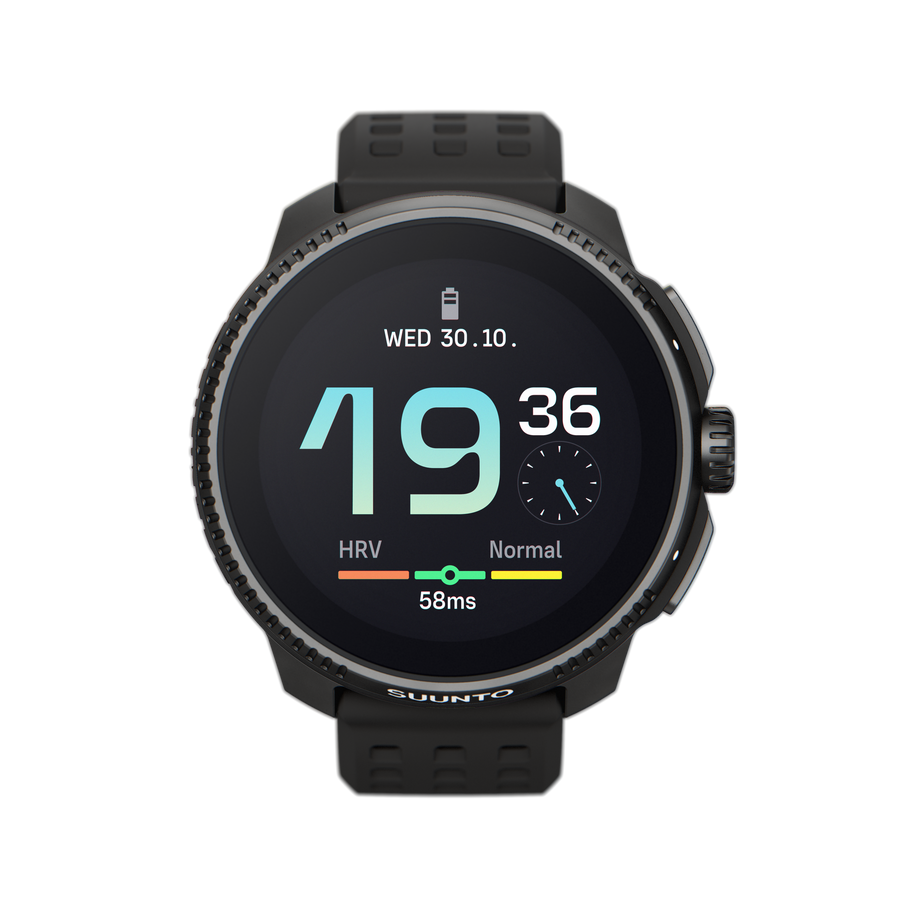
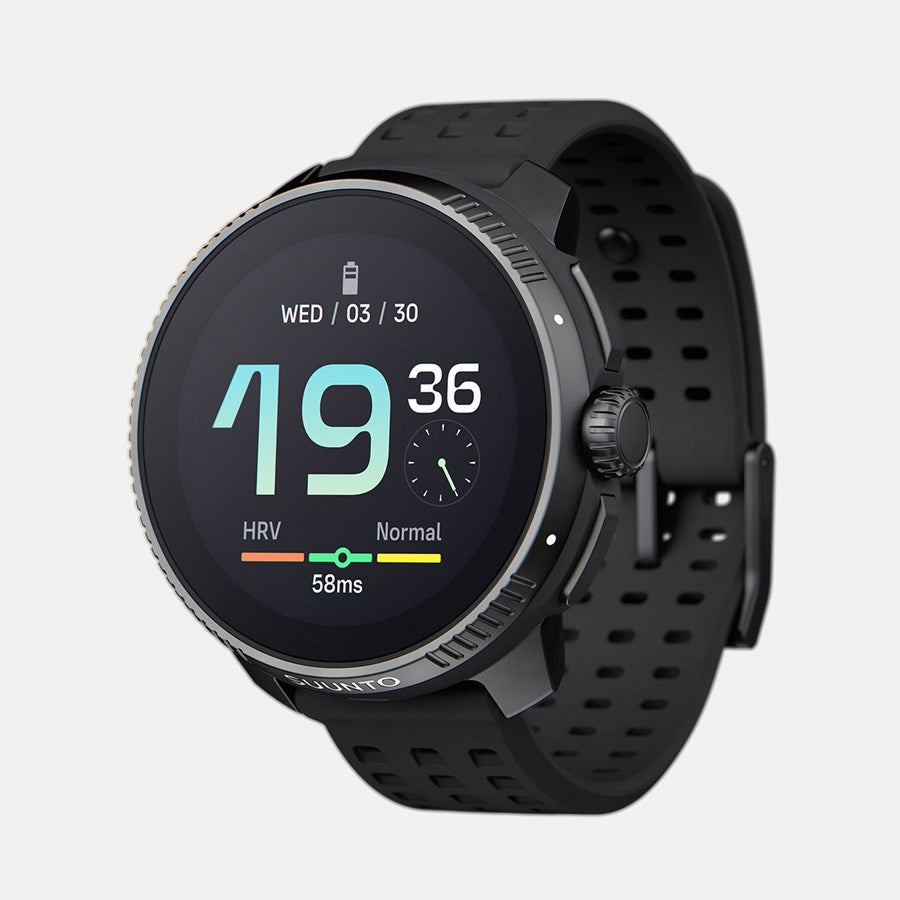
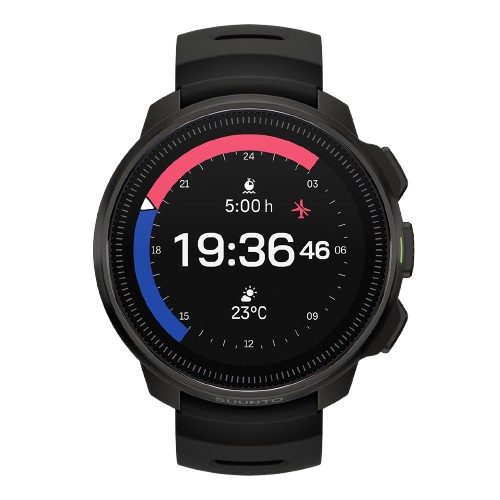
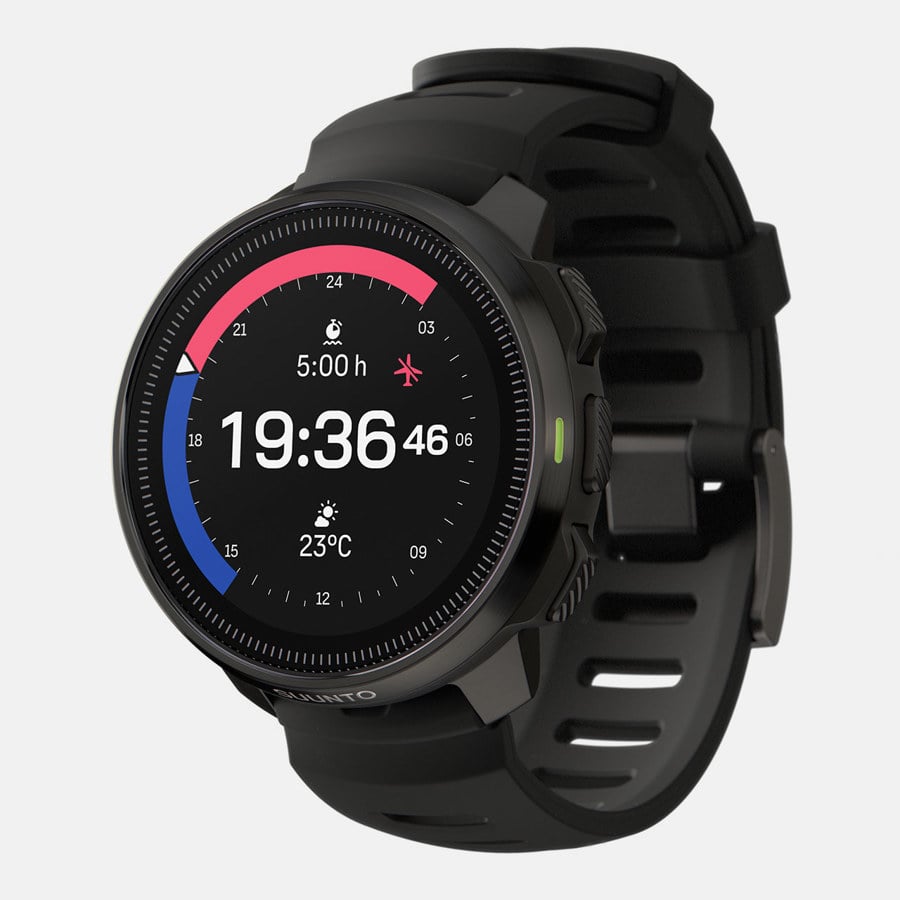
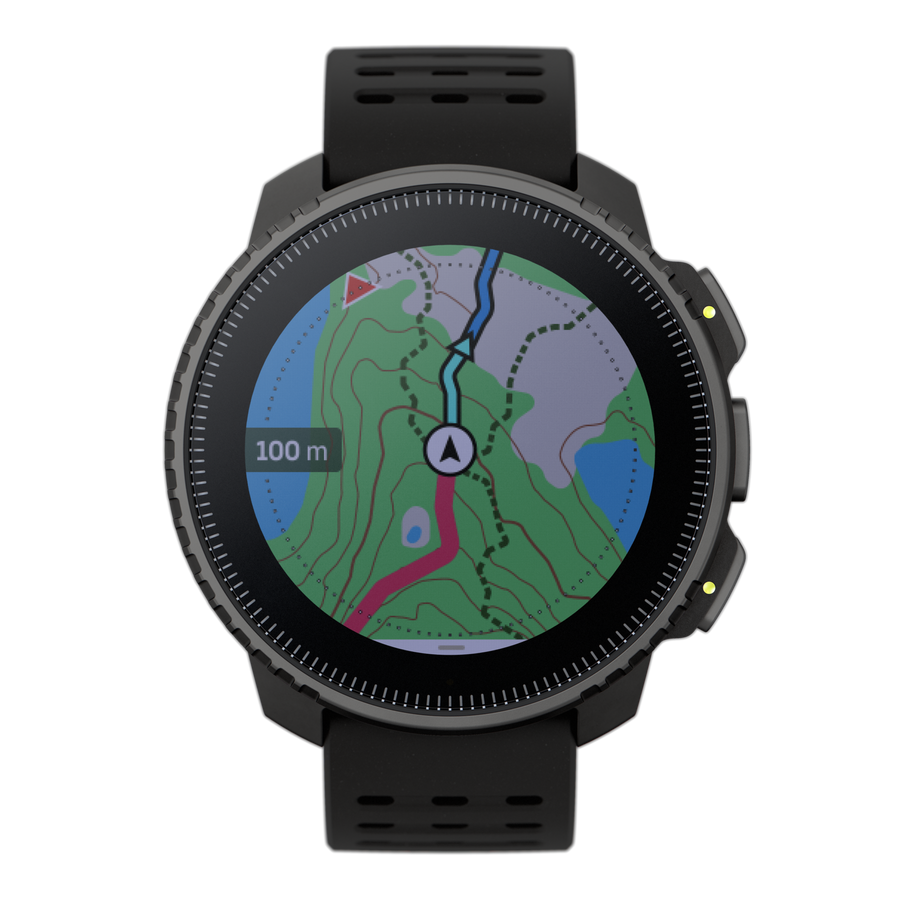
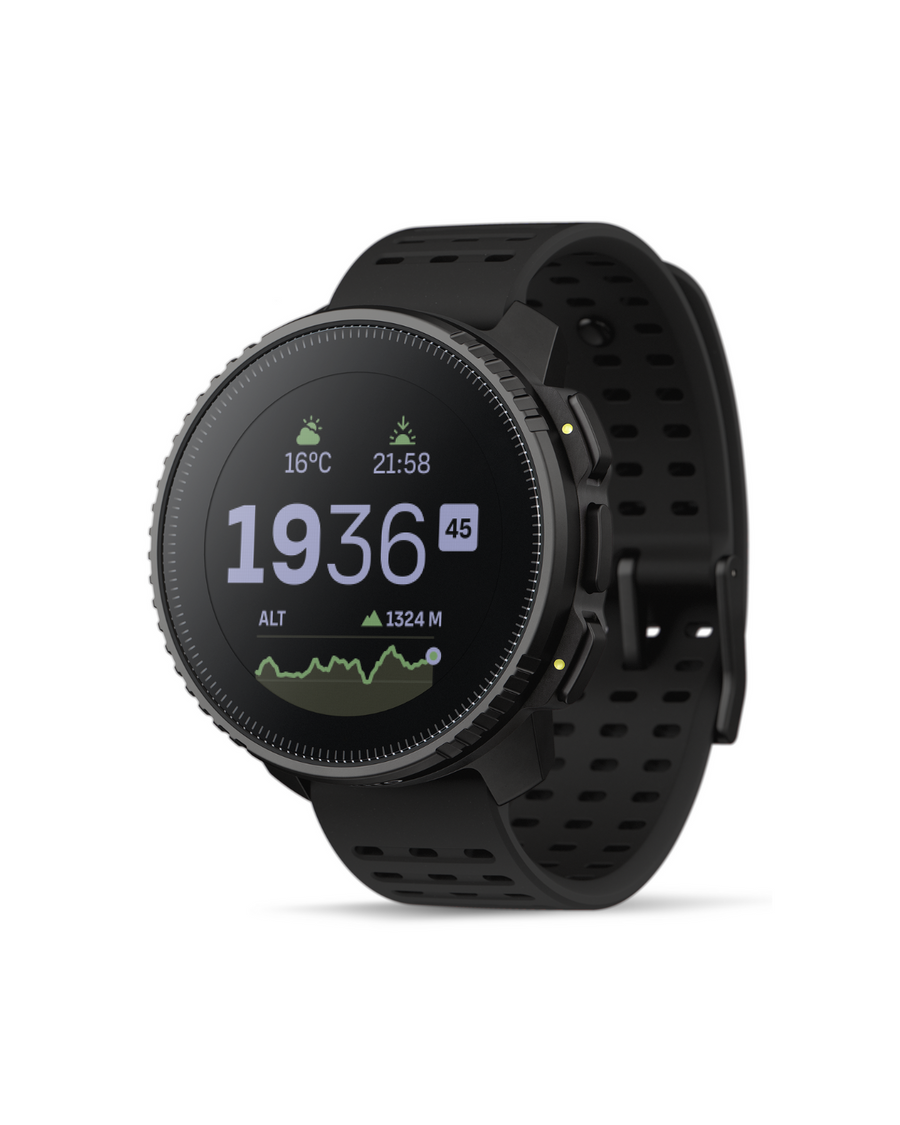
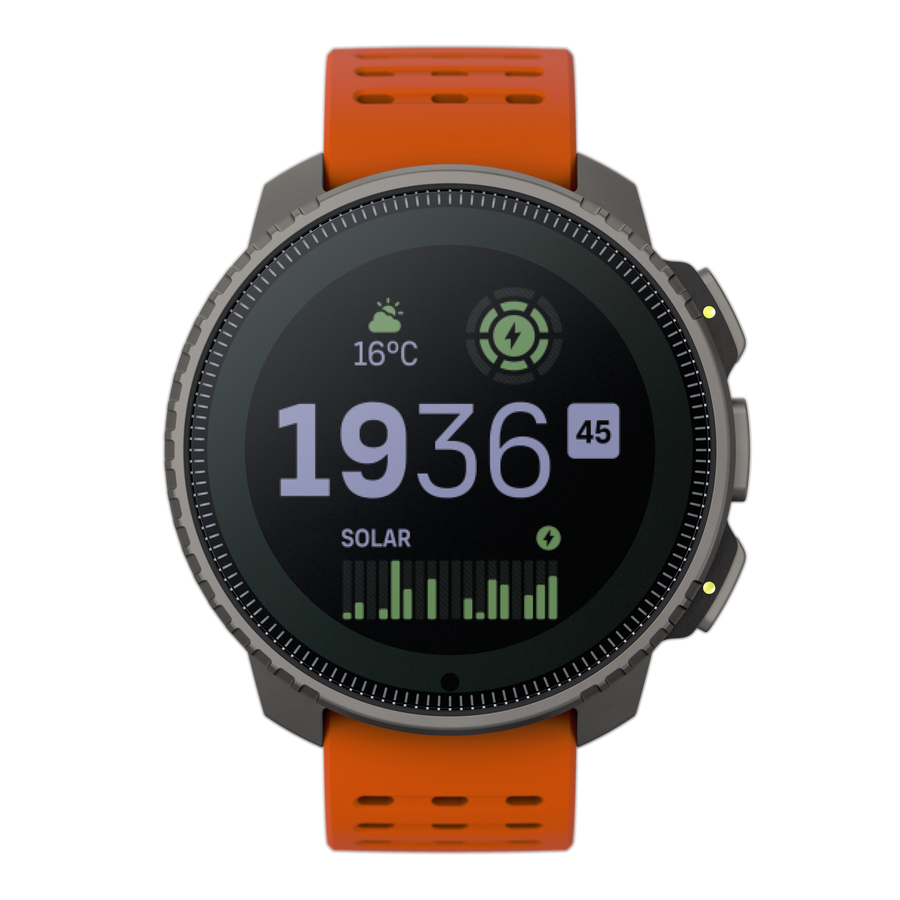
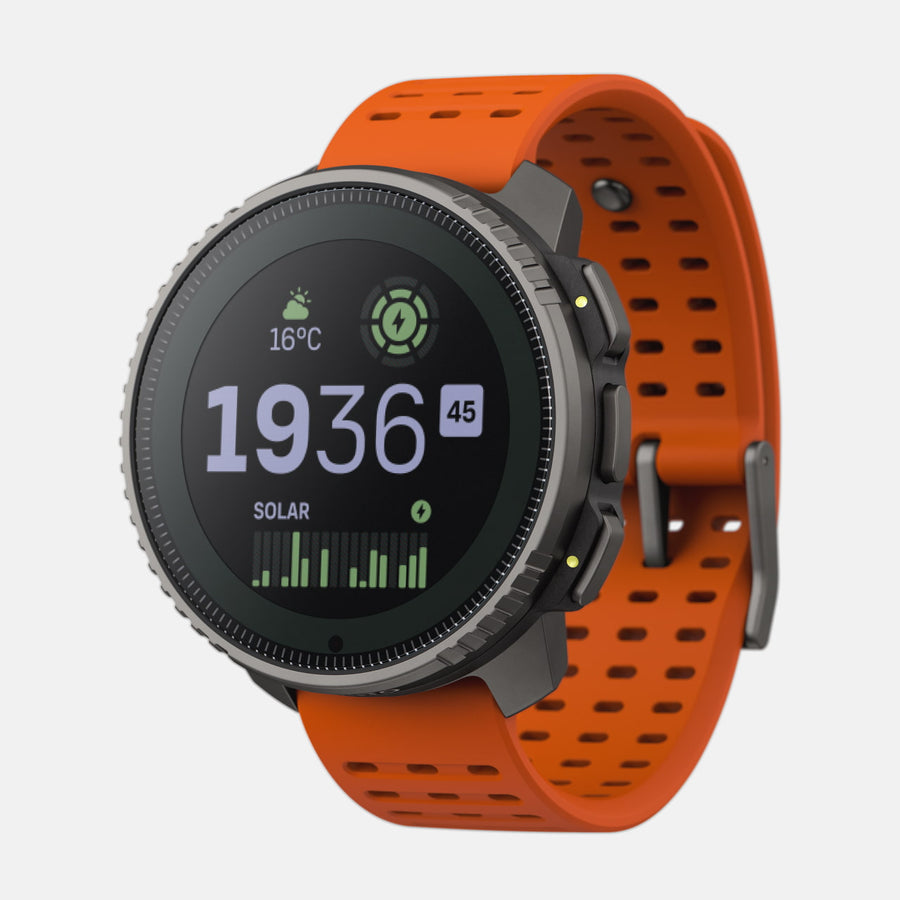
![How Many Steps a Day to Lose Weight? [Here is the Truth]](http://us.suunto.com/cdn/shop/articles/how-many-steps-a-day-to-lose-weight_d7e9e002-4328-4032-93f1-c62106f588d2.webp?v=1759203696&width=553)






